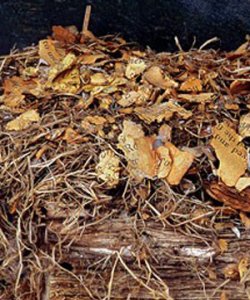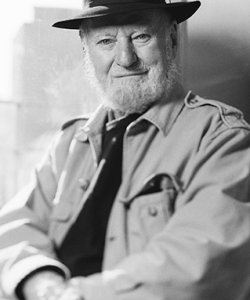Page One: Where New and Noteworthy Books Begin
Page One features a sample of titles we think you'll want to explore. With this installment, we offer excerpts from Chemistry and Other Stories by Ron Rash and Music for Landing Planes By by Éireann Lorsung.










